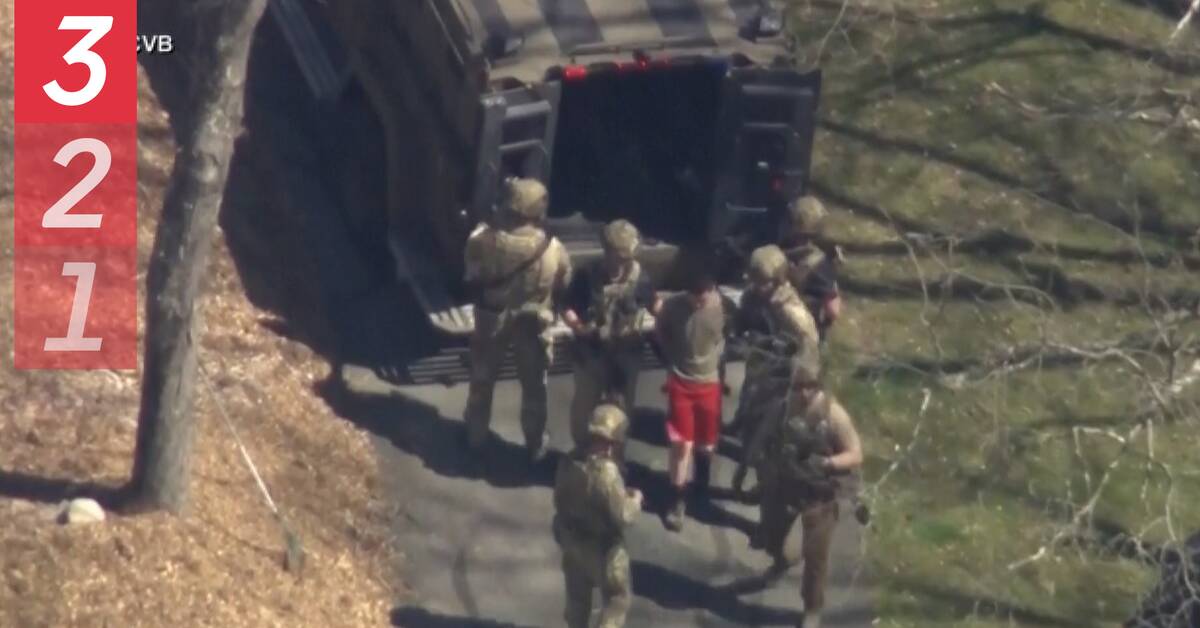Jack Teixeira has the title of "cyber transport systems specialist", which means that he was in charge of military communication systems. He had a higher security rating because he worked to protect the communication systems from attack, a member of the Armed Forces told the AP.
Experts both inside and outside the armed forces have for a long time pointed out the problem of classified intelligence information reaching a large number of employees in the military.
The New York Times estimates that thousands, if not tens of thousands, of people have the same security classification as the arrested person. With it, they can see protected sites within the Pentagon and other intelligence agencies, but also daily intelligence briefings, situation reports and detailed US external analyses.
"It's quite obvious that too many people have access to too much top secret information, more than they need," Evelyn Farkas, a foreign policy analyst who worked in ex-President Barack Obama's administration, told The New York Times.
Changed after the eleventh of September
According to the US media, much of the problem stems from extensive rule changes introduced after the terrorist attacks of September 11, 2001. Intelligence agencies then began to actively share more classified information with each other, according to Glen Gerstell, former general counsel at the U.S. National Security Agency (NSA).
The original idea was good," he told The New York Times. But things have gotten out of hand.
"We have exaggerated and made it so convenient and easy for a wide range of people to have access, precisely because we never want to end up in a situation where we could have prevented something again if we had only shared certain information.
Another problem that has been raised is that relatively junior people are given great responsibility in the military at an early stage. Teixeira was Airman Class 1 of the Massachusetts National Guard and had rank E-3, indicating that he had not served for very many years.

